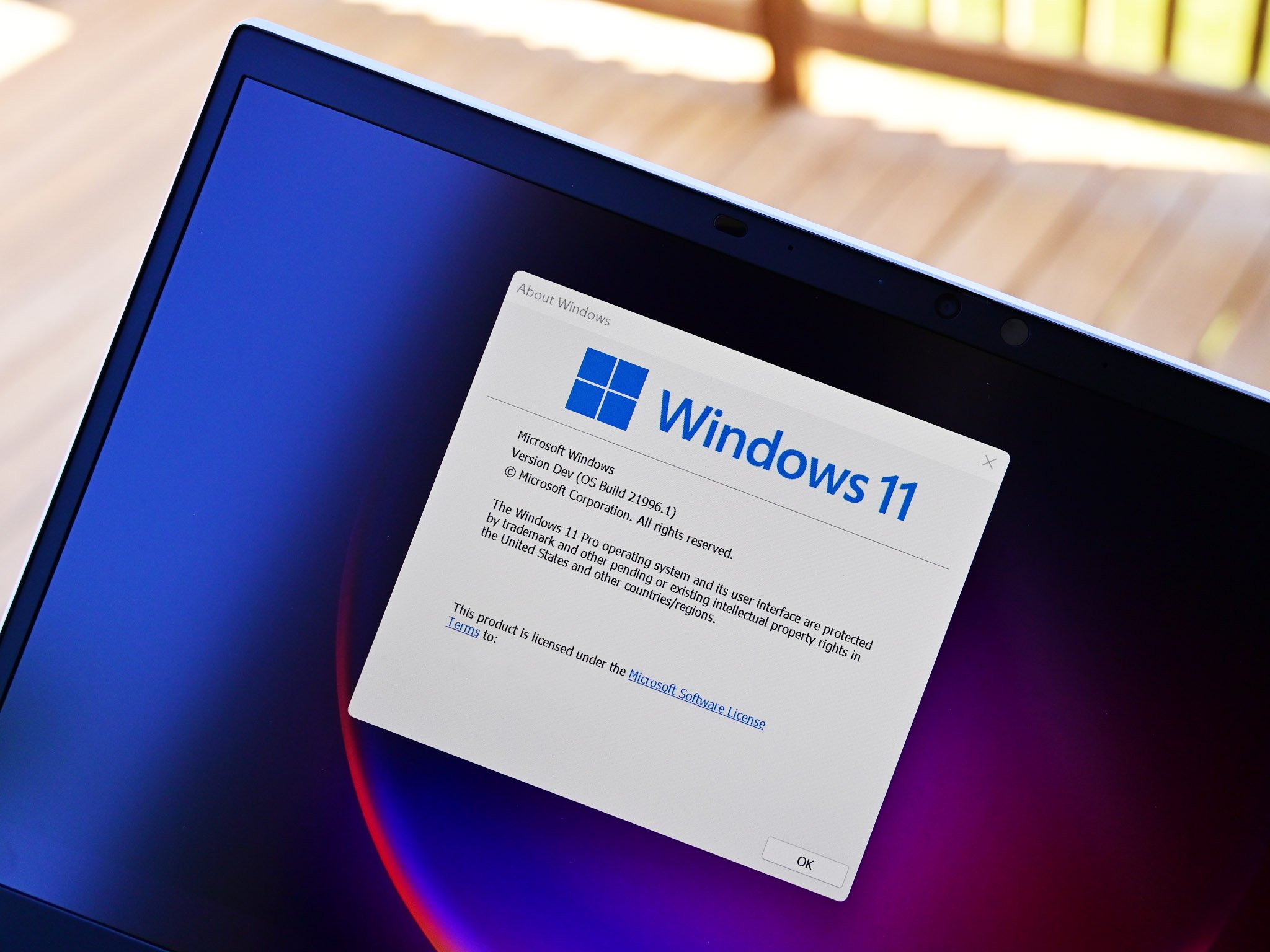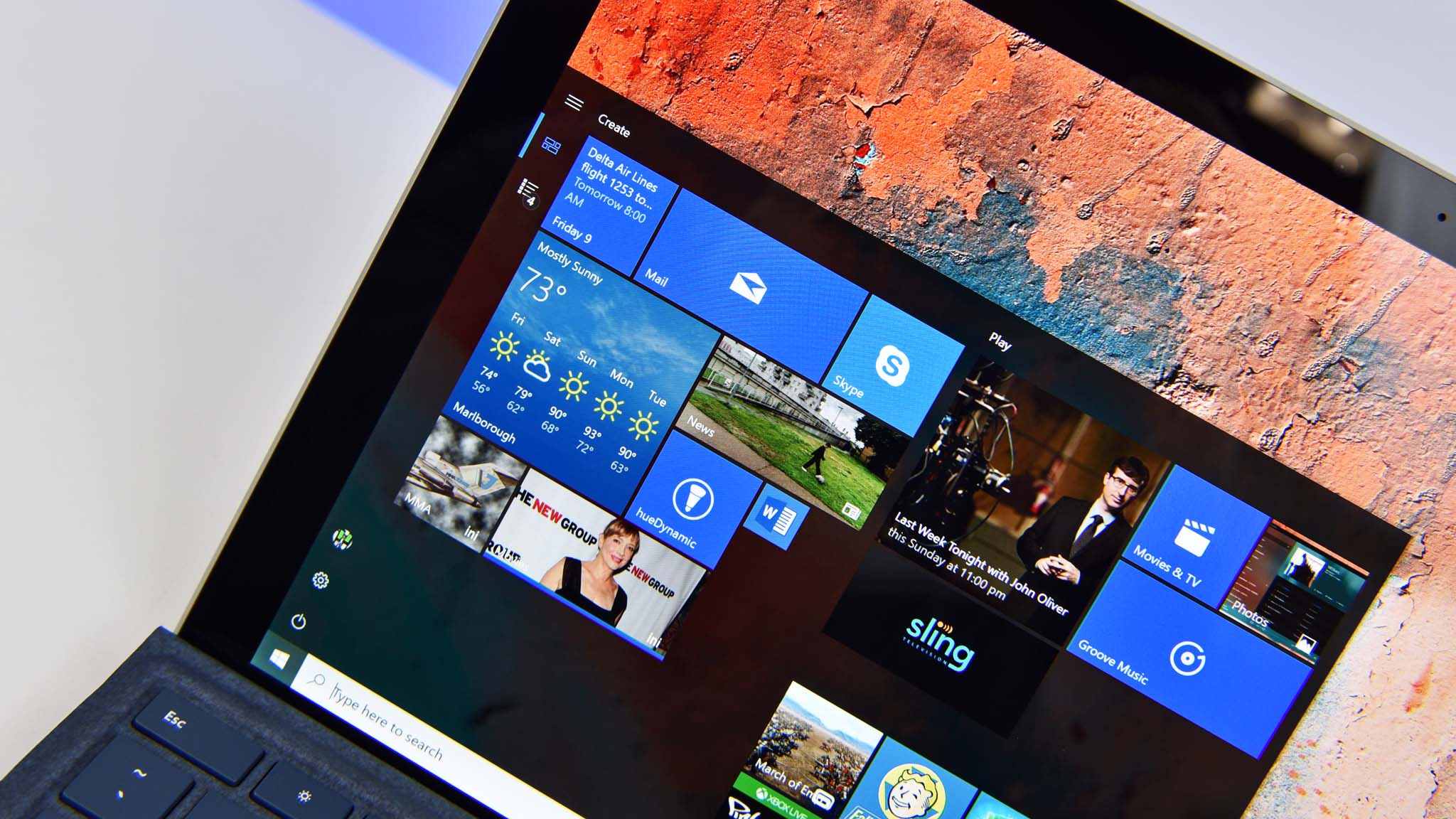Microsoft mysteriously offered a Windows 11 upgrade to this unsupported Windows 10 PC — despite it failing to meet the "non-negotiable" TPM 2.0 requirement
A Windows 10 user reportedly received an offer to upgrade to Windows 11 despite having a TPM 2.0 chip disabled on their PC.

All the latest news, reviews, and guides for Windows and Xbox diehards.
You are now subscribed
Your newsletter sign-up was successful
Since Windows 11 shipped in 2021, Microsoft has received a lot of backlash, predominantly due to the operating system's stringent minimum system requirements and its flawed design elements compared to its predecessor. These have heavily contributed to Windows 11's loose grip in the market share, as it only recently managed to surpass Windows 10 as the most dominant desktop OS in the world, with a 50.88% hold on the market share.
But in a surprising turn of events, BornCity recently reported on a bizarre incident where Microsoft seemingly offered an upgrade to Windows 11 to unsupported hardware, even though it did not meet the system requirements (via Neowin).
A reader of the German blog further disclosed that they had disabled TPM on their device to prevent a forced Windows 11 upgrade. However, their Windows 10 PC still got an offer to upgrade to Windows 11 while using a Lenovo IdeaPad S145-15IWL [81MV014QGE] laptop powered by an Intel 8th Gen i5 processor, which makes it an ideal candidate for the Windows 11 upgrade.
As you may know, a Trusted Platform Module (TPM) 2.0 is one of Microsoft's stringent requirements for running Windows 11. It is designed to provide "hardware-level security services for your device," keeping your private information and credentials safe from unauthorized users with encryption on a physical chip.
To that end, BornCity speculates that the unusual occurrence might be a result of a bug or a particular BIOS setting. Microsoft hasn't made any announcements or changes to its stringent minimum system requirements for Windows 11. In December, the company categorically indicated that TPM 2.0 was a non-negotiable requirement, designed to help future-proof Windows 11.
Yes, in a little over 2 months, on October 14, 2025, Microsoft is poised to pull the plug on Windows 10. The software giant has ramped up its campaign for Windows 11, using bold claims and bait like its sophisticated Copilot+ PCs are 5x faster than a 5-year-old Windows device to get users to make the upgrade.
The company has seemingly moved on from using aggressive tactics like using full-screen multipage popup ads to urge Windows 10 users to upgrade to Windows 11. Instead, the company is using a different approach and urging users to upgrade to Windows 11 to be on "the right side of risk" since it will no longer release critical Windows 10 security updates past the cutoff date.
All the latest news, reviews, and guides for Windows and Xbox diehards.
That said, users hell-bent on sticking to Windows 10 have at least 3 options that will allow them to continue using the operating system securely, including enrolling in Microsoft's Windows 10 ESU program, which will set you back $30 per device.
Alternatively, you can continue receiving these security updates for free for an extra year by syncing your PC settings data with the cloud via a Microsoft Account. Of course, you can also continue using your Windows 10 PC without conforming to any of the alternatives listed above, but that could open your PC up to privacy and security nightmares.
Public Interest Research Group (PIRG) has petitioned Microsoft's decision to cut support for Windows 10 and asked it to reconsider with an extended lifeline, as the move could lead to "the single biggest jump in junked computers ever." However, Microsoft is highly unlikely to reconsider its decision, especially after extending a lifeline for Windows 10 users with its conditional extra year of free security updates. But that doesn't cut it for PIRG.
According to PIRG:
"Microsoft has already made some concessions after public pushback: providing ESU for individuals for the first time, affordable pricing for schools, and now their new OneDrive option. What they haven't done is commit to automatically providing longer support for Windows 10 or loosening the hardware requirements for Windows 11. It's obvious that users are frustrated. They feel yanked around and don't think this [latest] announcement provides a viable solution."

Kevin Okemwa is a seasoned tech journalist based in Nairobi, Kenya with lots of experience covering the latest trends and developments in the industry at Windows Central. With a passion for innovation and a keen eye for detail, he has written for leading publications such as OnMSFT, MakeUseOf, and Windows Report, providing insightful analysis and breaking news on everything revolving around the Microsoft ecosystem. While AFK and not busy following the ever-emerging trends in tech, you can find him exploring the world or listening to music.
You must confirm your public display name before commenting
Please logout and then login again, you will then be prompted to enter your display name.

